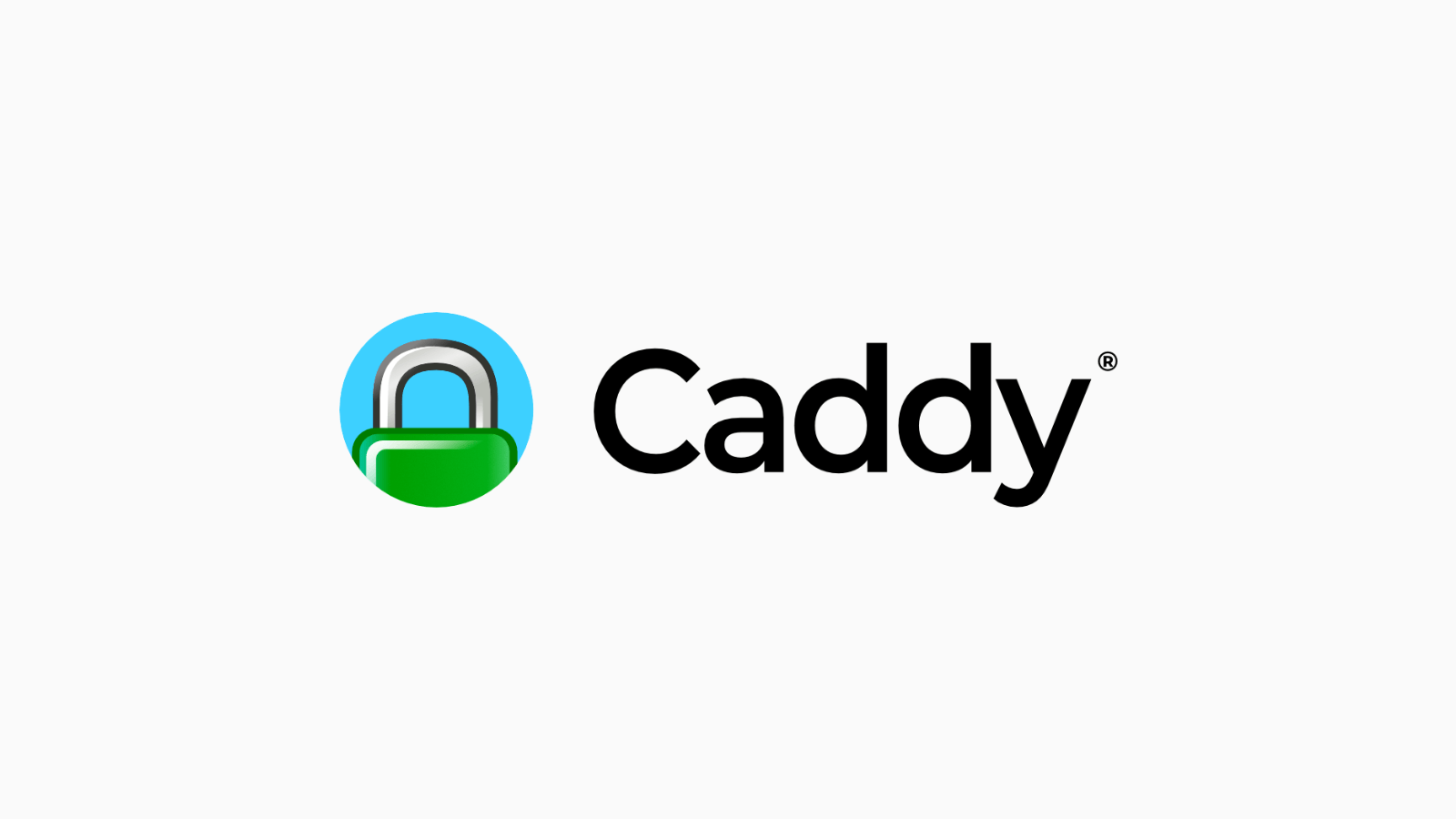Caddy Server: Web Server Hiện Đại Với HTTPS Tự Động
Caddy là một web server mã nguồn mở được viết bằng ngôn ngữ Go, được thiết kế với tiêu chí thân thiện với người dùng và hiệu suất cao. Nó đơn giản hóa quá trình thiết lập và triển khai các dịch vụ web một cách đáng kinh ngạc. Trong bài viết này, chúng ta sẽ khám phá các tính năng chính của Caddy, lý do tại sao nó là một lựa chọn phổ biến và cách để bạn bắt đầu.
Các tính năng của Caddy
Được giới thiệu vào năm 2015 bởi Matt Holt, Caddy được xây dựng với triết lý "đơn giản nhưng mạnh mẽ". Không giống như các web server truyền thống như Apache hay Nginx, Caddy tự động hóa nhiều tác vụ phức tạp, chẳng hạn như việc lấy và gia hạn chứng chỉ SSL/TLS, giúp người dùng tiết kiệm rất nhiều thời gian và công sức.
Các tính năng chính:
- Automatic HTTPS: Caddy tự động kích hoạt HTTPS bằng cách lấy và gia hạn chứng chỉ từ Let’s Encrypt hoặc ZeroSSL.
- Dễ dàng cấu hình: Tệp cấu hình của Caddy được gọi là Caddyfile, cực kỳ dễ đọc và dễ viết, ngay cả đối với người mới bắt đầu.
- Hiệu suất tốt: Được viết bằng Go, Caddy có khả năng xử lý hàng nghìn yêu cầu đồng thời một cách mượt mà.
- Khả năng mở rộng: Hỗ trợ hệ thống plugin phong phú, cho phép tùy chỉnh các tính năng theo nhu cầu cụ thể.
Tại sao nên chọn Caddy?
1. Tự động hóa HTTPS (HTTPS Automation)
Tính năng nổi bật nhất của Caddy chính là thiết lập HTTPS tự động. Chỉ cần khai báo tên miền, Caddy sẽ tự động thực hiện mọi bước để có được chứng chỉ SSL. Điều này loại bỏ hoàn toàn quy trình thiết lập thủ công phức tạp, lý tưởng cho các dự án nhỏ hoặc các nhà phát triển không chuyên sâu về quản trị hệ thống.
2. Cấu hình đơn giản với Caddyfile
Caddy sử dụng Caddyfile trực quan. Ví dụ, để chạy một web server cơ bản:
Đoạn mã
example.com {
root * /var/www/html
file_server
}
Cấu hình này sẽ phục vụ các tệp tĩnh trong thư mục /var/www/html cho tên miền example.com và tự động kích hoạt HTTPS.
3. Hỗ trợ HTTP/3
Caddy là một trong những web server đầu tiên hỗ trợ HTTP/3 – giao thức mới giúp cải thiện tốc độ tải trang và hiệu suất, ưu tiên trải nghiệm người dùng tối đa.
4. Linh hoạt và dễ mở rộng
Caddy cung cấp hệ thống plugin đa dạng, cho phép thêm các tính năng như nén dữ liệu (compression), điều hướng (redirection), hoặc tích hợp dịch vụ đám mây.
Cài đặt và Sử dụng Caddy
Cài đặt
Caddy có thể được cài đặt dễ dàng trên Linux, macOS và Windows. Ví dụ cài đặt trên Ubuntu:
Bash
sudo apt install -y debian-keyring debian-archive-keyring apt-transport-https
curl -1sLf 'https://dl.cloudsmith.io/public/caddy/stable/gpg.key' | sudo gpg --dearmor -o /usr/share/keyrings/caddy-stable-archive-keyring.gpg
curl -1sLf 'https://dl.cloudsmith.io/public/caddy/stable/debian.deb.txt' | sudo tee /etc/apt/sources.list.d/caddy-stable.list
sudo apt update
sudo apt install caddy
Kiểm tra cài đặt:
Bash
caddy version
Chạy một Web Server cơ bản
Tạo tệp Caddyfile với nội dung:
Đoạn mã
:80 {
root * /var/www/html
file_server
}
Chạy Caddy:
Bash
sudo caddy run --config Caddyfile
Mở trình duyệt và truy cập http://localhost để kiểm tra kết quả.
Thiết lập HTTPS
Để bật HTTPS cho tên miền của bạn, chỉ cần cập nhật Caddyfile:
Đoạn mã
example.com {
root * /var/www/html
file_server
}
Caddy sẽ tự động lo phần còn lại để website của bạn chạy trên giao thức bảo mật.
Các trường hợp sử dụng (Use Cases)
- Serving static websites: Rất phù hợp để triển khai các trang web tĩnh tạo bởi Hugo, Jekyll, Gatsby.
- Reverse Proxy: Sử dụng Caddy làm trung gian để điều hướng yêu cầu đến các ứng dụng backend (Node.js, Python, PHP, …).
- API Server: Bảo mật và quản lý API với HTTPS và các tính năng bảo mật tích hợp sẵn.
- Triển khai nhanh: Đối với cá nhân hoặc startup, Caddy cho phép đưa dự án lên môi trường thực tế cực nhanh mà không cần cấu hình phức tạp.
So sánh: Caddy vs Nginx vs Apache
- Caddy: Nổi bật với sự đơn giản và tự động hóa (HTTPS mặc định).
- Nginx: Phù hợp cho các hệ thống cần hiệu suất cực cao và tinh chỉnh sâu.
- Apache: Phù hợp cho các ứng dụng cũ cần nhiều module truyền thống.
Tổng kết
Caddy là một lựa chọn tuyệt vời cho bất kỳ ai đang tìm kiếm một web server hiện đại, dễ sử dụng và mạnh mẽ. Với HTTPS tự động, cấu hình đơn giản và hỗ trợ HTTP/3, Caddy lý tưởng cho cả dự án cá nhân lẫn doanh nghiệp.
Hãy bắt đầu bằng cách cài đặt Caddy và tạo Caddyfile đầu tiên của bạn – bạn sẽ ngạc nhiên về sự linh hoạt của nó!
Tham khảo thêm tại:Caddy Official|Caddyfile Documentation
Cảm ơn bạn đã đọc bài viết!
